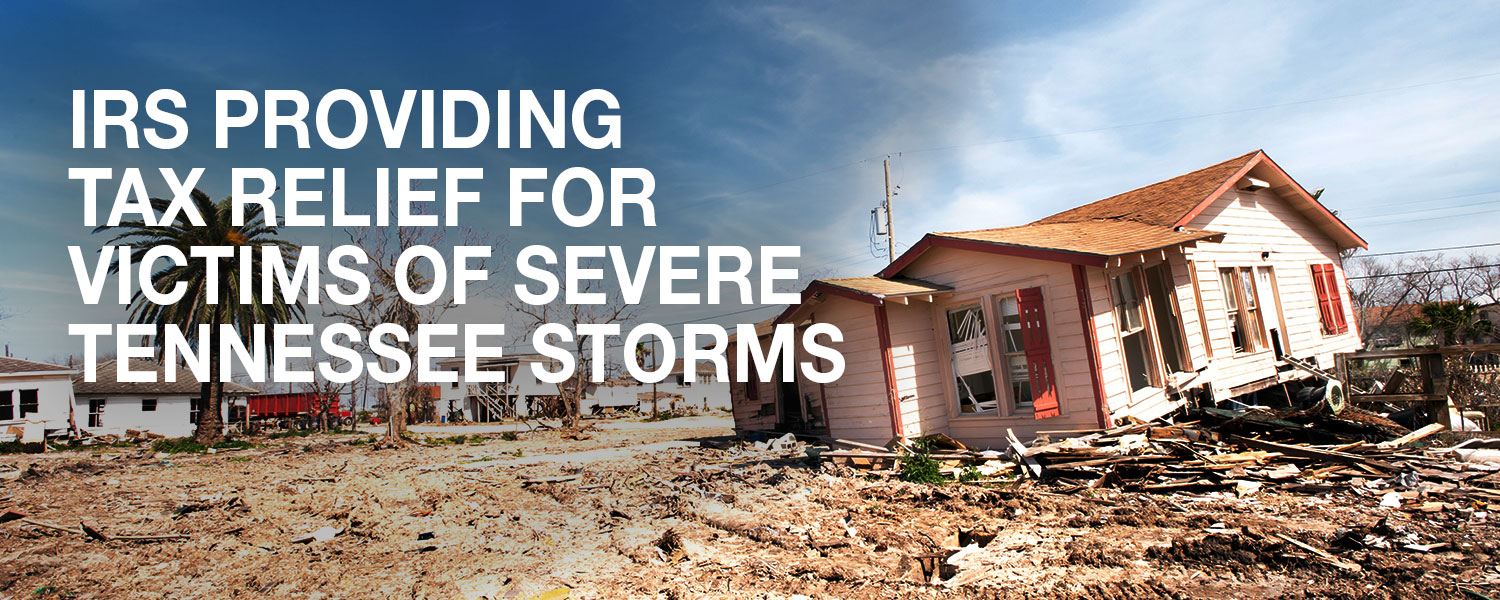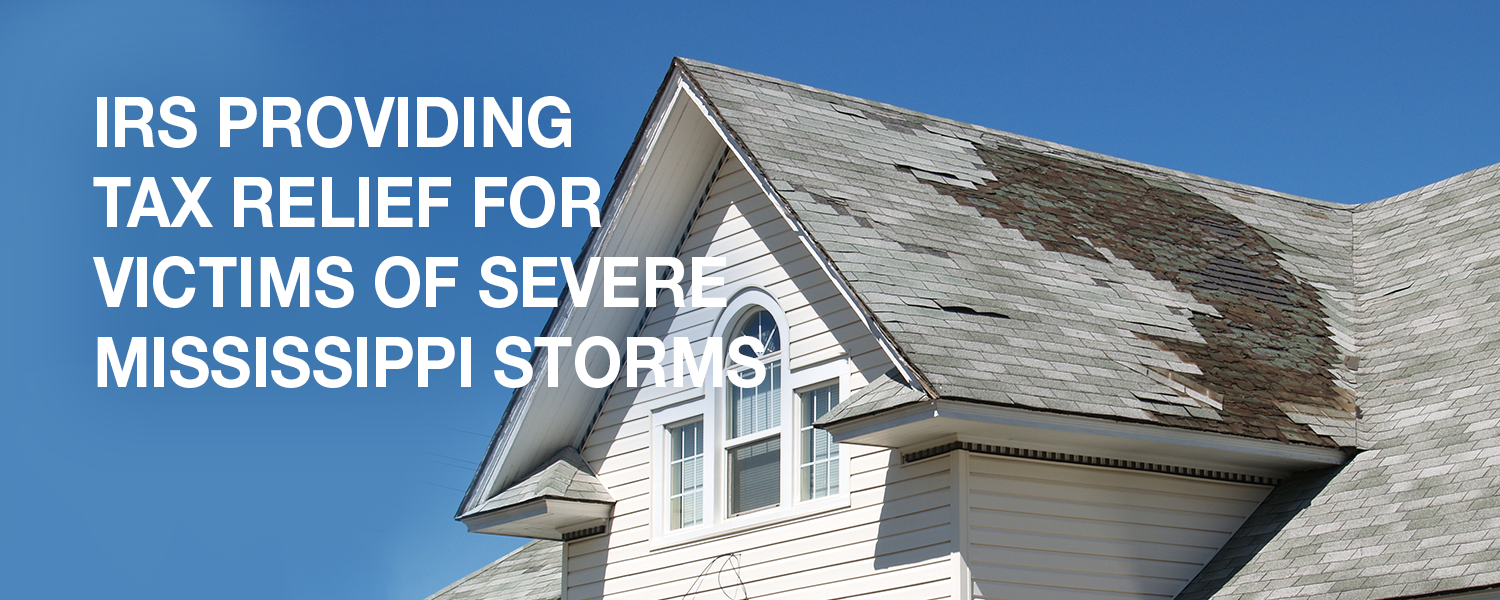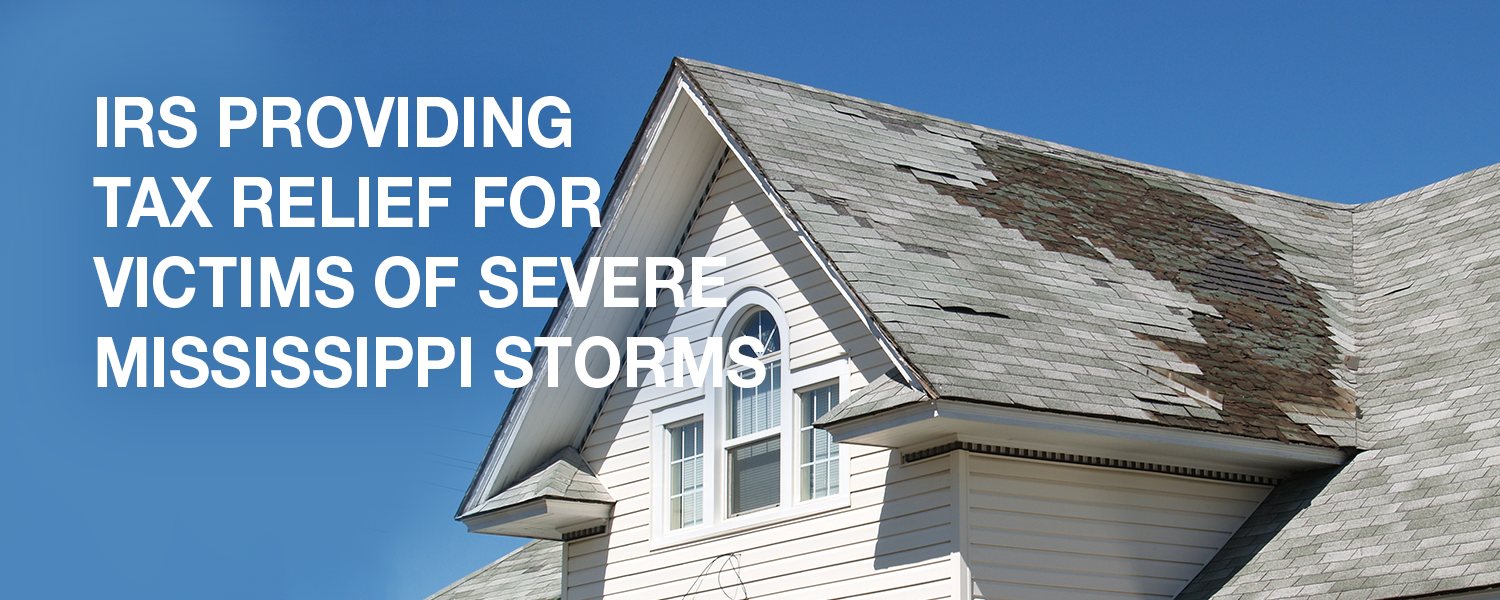IRS Looking For Taxpayers To Report Gig Economy Income, Virtual Currency Transactions, And Foreign Source Income And Assets
Chances are you are involved in one of these areas –
- Income from the Gig Economy,
- Dealing with Virtual Currency, or
- Having Foreign Source Income And Assets.
If so, pay particular attention to what the IRS will be looking for on your 2022 income tax return.
Gig economy earnings are taxable
Generally, income earned from the gig economy is taxable and must be reported to the IRS. The gig economy is activity where people earn income providing on-demand work, services or goods. Often, it’s through a digital platform like an app or website. Taxpayers must report income earned from the gig economy on a tax return, even if the income is:
- From part-time, temporary or side work,
- Not reported on an information return form – like a Form 1099-K, 1099-MISC, W-2 or other income statement or
- Paid in any form, including cash, property, goods or virtual currency.
TAX TIP – If you incurred expenses to produce this income, those expenses should be reported on your tax return so you do not pay more in tax than what the law requires.
Virtual currency reporting and tax requirements
Again for 2022, there is a question at the top of Form 1040 and Form 1040-SR asking about virtual currency transactions. All taxpayers filing these forms must check the box indicating either “yes” or “no.” A transaction involving virtual currency includes, but is not limited to:
- The receipt of virtual currency as payment for goods or services provided;
- The receipt or transfer of virtual currency for free (without providing any consideration) that does not qualify as a bona fide gift;
- The receipt of new virtual currency as a result of mining and staking activities;
- The receipt of virtual currency as a result of a hard fork;
- An exchange of virtual currency for property, goods or services;
- An exchange/trade of virtual currency for another virtual currency;
- A sale of virtual currency; and
- Any other disposition of a financial interest in virtual currency.
If an individual disposed of any virtual currency that was held as a capital asset through a sale, exchange or transfer, they should check “Yes” and use Form 8949 to figure their capital gain or loss and report it on Schedule D (Form 1040).
If they received any virtual currency as compensation for services or disposed of any virtual currency they held for sale to customers in a trade or business, they must report the income as they would report other income of the same type (for example, W-2 wages on Form 1040 or 1040-SR, line 1, or inventory or services from Schedule C on Schedule 1).
TAX TIP – Make sure to report the basis of any virtual currency disposed of which will reduce your gain so you do not pay more in tax than what the law requires.
Reporting Foreign Source Income
A U.S. citizen or resident alien’s worldwide income is generally subject to U.S. income tax, regardless of where they live. They’re also subject to the same income tax filing requirements that apply to U.S. citizens or resident aliens living in the United States.
U.S. citizens and resident aliens must report unearned income, such as interest, dividends, and pensions, from sources outside the United States unless exempt by law or a tax treaty. They must also report earned income, such as wages and tips, from sources outside the United States. An income tax filing requirement generally applies even if a taxpayer qualifies for tax benefits, such as the Foreign Earned Income Exclusion or the Foreign Tax Credit, which substantially reduce or eliminate U.S. tax liability. These tax benefits are only available if an eligible taxpayer files a U.S. income tax return.
TAX TIP – Make sure you file a tax return on a timely basis to claim these benefits. If both your tax home and abode are outside the United States and Puerto Rico, you have until June 15, 2023 to file your tax return or file an extension (to October 16, 2023). Those serving in the military outside the U.S. and Puerto Rico on the regular due date of their tax return also have until June 15, 2023 to file your tax return or file an extension (to October 16, 2023).
Reporting required for foreign accounts and assets
Federal law requires U.S. citizens and resident aliens to report their worldwide income, including income from foreign trusts and foreign bank and other financial accounts. In most cases, affected taxpayers need to complete and attach Schedule B to their tax return. Part III of Schedule B asks about the existence of foreign accounts, such as bank and securities accounts, and usually requires U.S. citizens to report the country in which each account is located.
In addition, certain taxpayers may also have to complete and attach to their return Form 8938, Statement of Foreign Financial Assets. Generally, U.S. citizens, resident aliens and certain nonresident aliens must report specified foreign financial assets on this form if the aggregate value of those assets exceeds certain thresholds. See the instructions for this form for details.
Further, separate from reporting specified foreign financial assets on their tax return, taxpayers with an interest in, or signature or other authority over foreign financial accounts whose aggregate value exceeded $10,000 at any time during 2020, must file electronically with the Treasury Department a Financial Crimes Enforcement Network (FinCEN) Form 114, Report of Foreign Bank and Financial Accounts (FBAR). Because of this threshold, the IRS encourages taxpayers with foreign assets, even relatively small ones, to check if this filing requirement applies to them. The form is only available through the BSA E-filing System website.
TAX TIP – The deadline for filing the annual Report of Foreign Bank and Financial Accounts (FBAR) is the same as that of Form 1040. FinCEN grants filers who missed the original deadline an automatic extension until October 16, 2023, to file the FBAR. There is no need to request this extension.
Penalties For Filing A False Income Tax Return Or Under-reporting Income
Failure to report all the money you make is a main reason folks end up facing an IRS auditor. Carelessness on your tax return might get you whacked with a 20% penalty. But that’s nothing compared to the 75% civil penalty for willful tax fraud and possibly facing criminal charges of tax evasion that if convicted could land you in jail.
Criminal Fraud – The law defines that any person who willfully attempts in any manner to evade or defeat any tax under the Internal Revenue Code or the payment thereof is, in addition to other penalties provided by law, guilty of a felony and, upon conviction thereof, can be fined not more than $100,000 ($500,000 in the case of a corporation), or imprisoned not more than five years, or both, together with the costs of prosecution (Code Sec. 7201).
The term “willfully” has been interpreted to require a specific intent to violate the law (U.S. v. Pomponio, 429 U.S. 10 (1976)). The term “willfulness” is defined as the voluntary, intentional violation of a known legal duty (Cheek v. U.S., 498 U.S. 192 (1991)).
And even if the IRS is not looking to put you in jail, they will be looking to hit you with a big tax bill with hefty penalties.
Civil Fraud – Normally the IRS will impose a negligence penalty of 20% of the underpayment of tax (Code Sec. 6662(b)(1) and 6662(b)(2)) but violations of the Internal Revenue Code with the intent to evade income taxes may result in a civil fraud penalty. In lieu of the 20% negligence penalty, the civil fraud penalty is 75% of the underpayment of tax (Code Sec. 6663). The imposition of the Civil Fraud Penalty essentially doubles your liability to the IRS!
What Should You Do?
You know that at the Law Offices Of Jeffrey B. Kahn, P.C. we are always thinking of ways that our clients can save on taxes. If you are selected for an audit, stand up to the IRS by getting representation. Tax problems are usually a serious matter and must be handled appropriately so it’s important to that you’ve hired the best lawyer for your particular situation. The tax attorneys at the Law Offices Of Jeffrey B. Kahn, P.C. located in Orange County (Irvine), the San Francisco Bay Area (including San Jose and Walnut Creek) and elsewhere in California are highly skilled in handling tax matters and can effectively represent at all levels with the IRS and State Tax Agencies including criminal tax investigations and attempted prosecutions, undisclosed foreign bank accounts and other foreign assets, and unreported foreign income. Also if you are involved in cannabis, check out what a cannabis tax attorney can do for you and if you are involved in crypto-currency, check out what a Bitcoin tax attorney can do for you.











